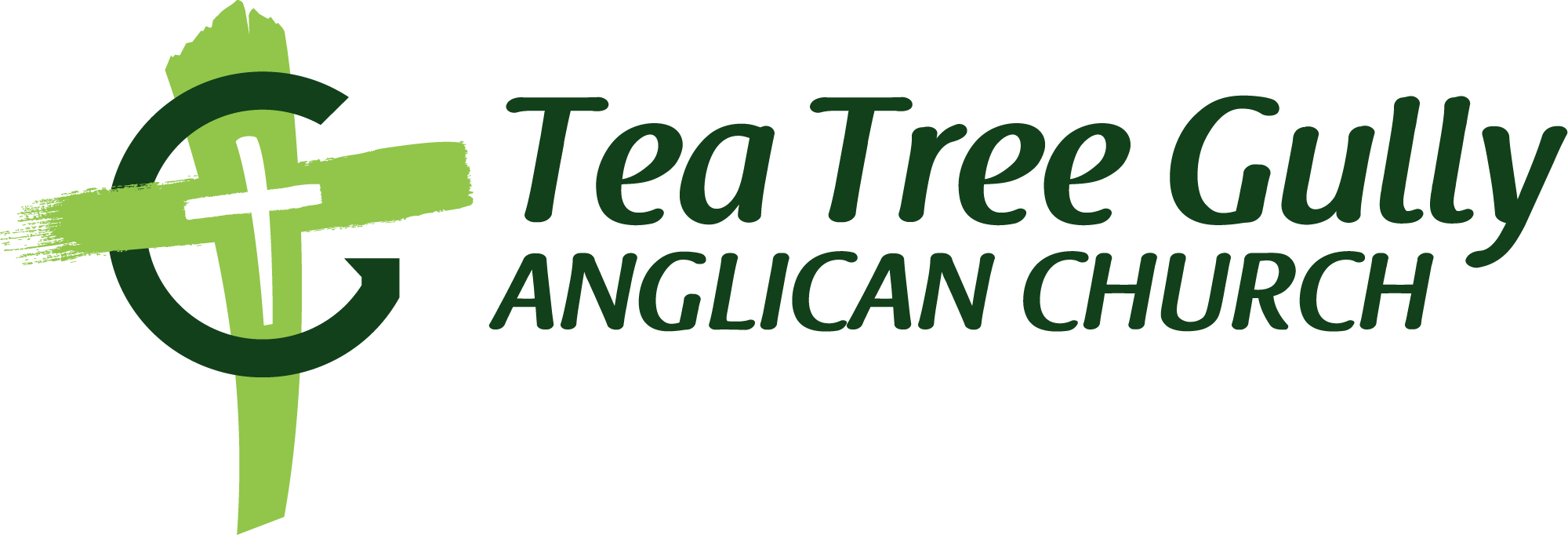4 Secular Myths About Religion … (And Why They’re Potentially Dangerous) – Part 3
Myth #4 – Religion is Against the Public Good, It needs to be kept out of the public square.
This view has been popularised by ‘New Atheist’ thinkers like Richard Dawkins and Christopher Hitchens. It re-appeared last year in MSM articles about the SSM postal survey. Fairfax columnist Aubrey Perry wrote:
It’s our opportunity to say that religion has no part in the shaping of our laws. A vote against same-sex marriage is a vote for religious bias and discrimination in our legislation, our public schools, our healthcare, and ultimately, in the foundation of our social structure.’
Religion – at least in it’s traditional forms – is bad for society as a whole, according to this narrative. But does this view stack up? Is religion a force for evil in society – is it bad for human flourishing?
The evidence is in, and overwhelmingly religion – at least the Christian religion – has been shown to be a positive influence in society.
The evidence is in.
After conducting one of the most comprehensive studies on religion’s effects on American society, respected Harvard sociologist (and non-believer) David Putnam concluded:
[R]eligiously observant Americans are more generous with time and treasure than demographically similar secular Americans. This is true for secular causes (especially help to the needy, the elderly, and young people) as well as for purely religious causes. It is true even for most random acts of kindness.’
But the positive effects of religion on society don’t end there. What about those intolerant missionaries?
The effect of proselytising missionary work to the developing world is often given a bad wrap by secular arts and media (e.g. the novel The Poisonwood Bible). But a landmark study by sociologist Robert Woodberry, entitled The Missionary Roots of Liberal Democracy, suggests a different view. His peer reviewed article was published in the prestigious American Political Science Review, and looked at the effects of 19th century Protestant Missionaries on today’s societies in Africa, Asia, Latin America, and Oceana. In it, he concludes:
[C]onversionary Protestants (CPs) heavily influenced the rise and spread of stable democracy around the world. It argues that CPs were a crucial catalyst initiating the development and spread of religious liberty, mass education, mass printing, newspapers, voluntary organizations, and colonial reforms, thereby creating the conditions that made stable democracy more likely.’
That’s no small positive effect for the common good.
Even Atheist observers have noticed these benefits: Times columnist Matthew Parris wrote about his experiences in Africa:
Now a confirmed atheist, I’ve become convinced of the enormous contribution that Christian evangelism makes in Africa: sharply distinct from the work of secular NGOs, government projects and international aid efforts. These alone will not do…In Africa Christianity changes people’s hearts. It brings a spiritual transformation. The rebirth is real. The change is good.”
To say religion is almost always against the public good flies in the face of some of the best research of the effects of religion on society – western and otherwise. (That’s not to say Christians haven’t done bad things throughout the ages, but overall the effect has been good.)
Why this secular myth is dangerous:
If Christianity (in particular) is such a positive force for good overall, then placing restrictions on it will not be of benefit to any society. Since so much Christian social work is with the marginalised (e.g. adoptions, foster care, homelessness), restricting Christian freedom will only harm the most disadvantaged in society.
A Better Way Ahead
The Communist government of my country of birth tried to make the public square ‘secular’ – but of course, it merely imposed it’s own beliefs onto everyone else. And that didn’t end so well.
A better way ahead is to recognise that everyone comes to the public square with religious beliefs (be they formal or informal, conscious or subconscious), and then allow people to speak and act in line with these beliefs, as far as possible.
That’s true tolerance. That’s true pluralism – a pluralism that recognises the important role religion plays in people’s lives, and across society.
This article is written by Akos Balough. He is a Christ-follower, husband, father, blogger. And the Executive Director of The Gospel Coalition Australia.
He has also worked as a campus Chaplain, helping broken people get to know Jesus, and as a military Aerospace Engineer, fixing broken aeroplanes.
